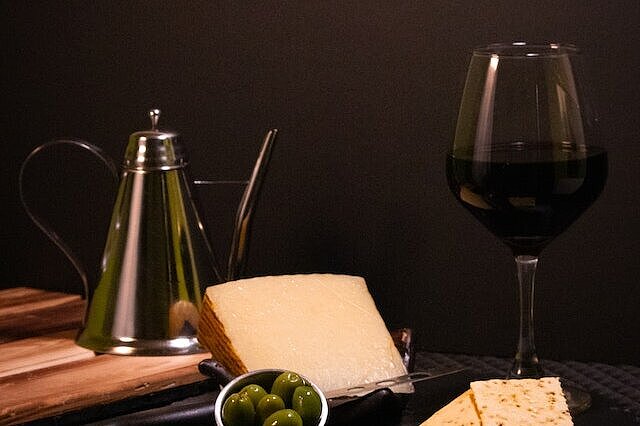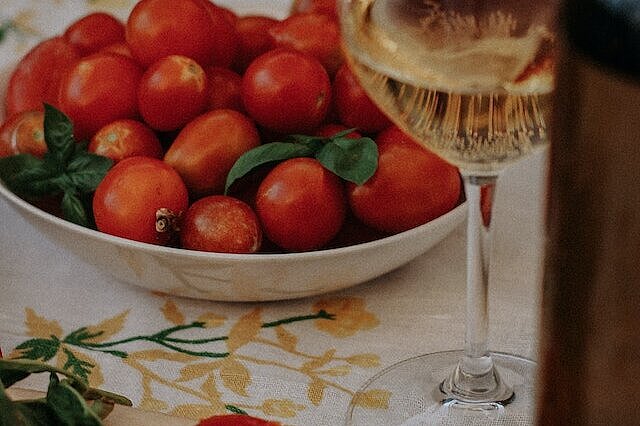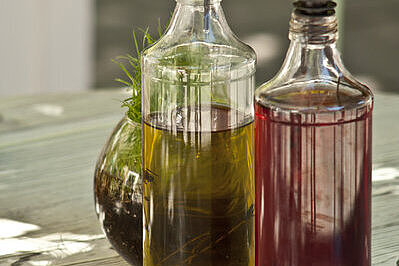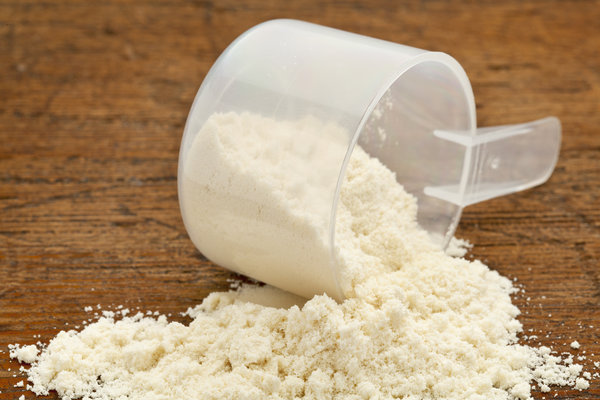Processed food
"Processed food" in relation to dog food refers to ingredients that have been industrially processed and modified before being added to the food. This processing can take various forms, such as heating, preserving, drying, grinding or adding additives to extend shelf life, improve flavor or change texture.
It is important to understand that not all processing methods are bad. Some processes may even be necessary to make certain ingredients safe or easier for your dog to digest. However, heavy processing can also lead to important nutrients being lost or harmful substances being created.
It is advisable to pay attention to the amount and type of processing used in the production of the dog food. Foods that are minimally processed usually retain more of their natural nutrients and are often healthier for your dog.












